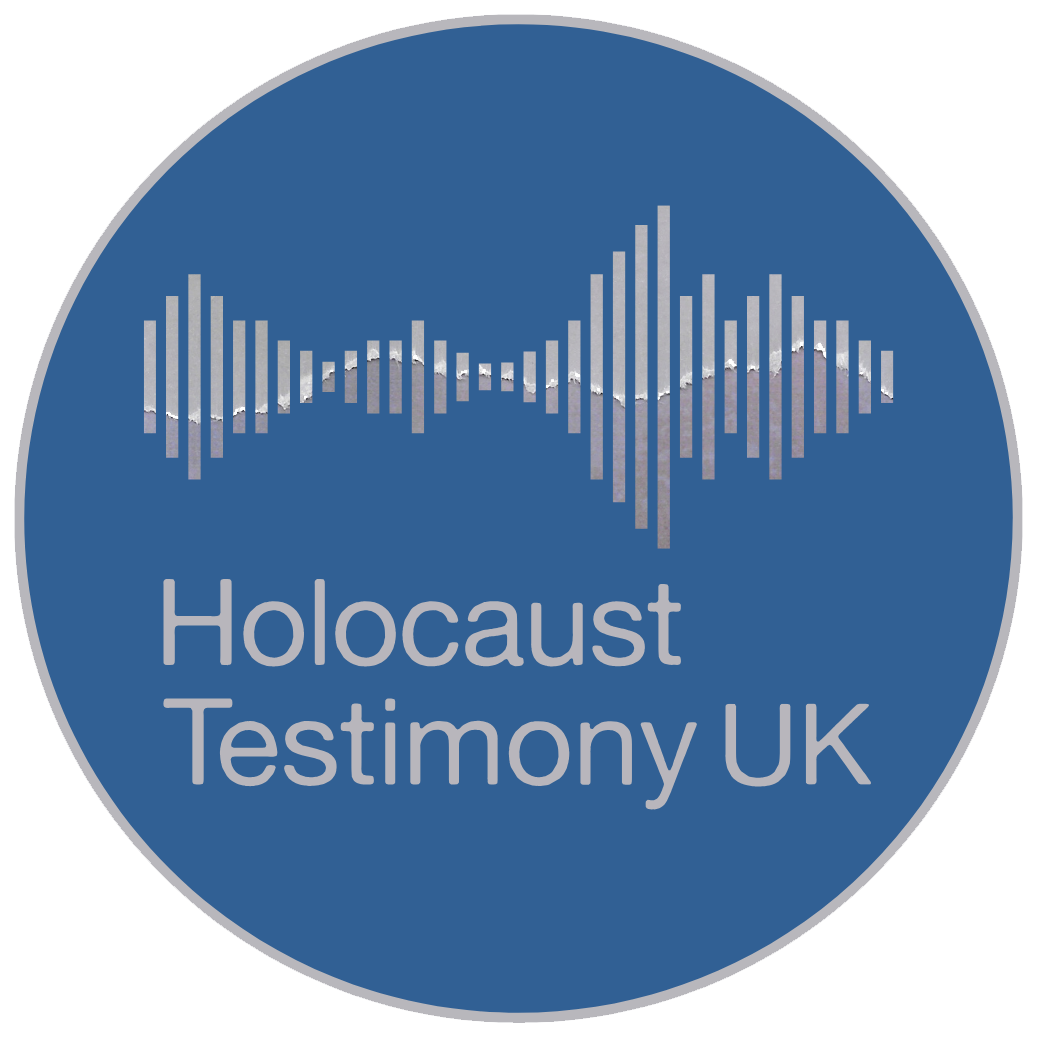top of page
<message>

Name
Born:
N/A
Place of Birth:
N/A
Date of Interview:
02/08/05
Place of Interview:
Interviewed by:
Name (Clickable)


It looks like this interview is hosted by one of our partners
Please click the link below to be redirected...
Visit Partner Website



INTERVIEW:
<name>
Born:
00/00/0000
Place of Birth:
Paks
Institution:
<partnerName>
Collection:
Date of Interview:
02/08/05
Interviewed By:
Dr Rosalyn Livshin

Interview Summary
Judith Steinberg (nee Berkovic) was born in 1929 in Paks, Hungary. Her parents were from Slovakia. Her father was one of 9 children and he ran a dairy in Paks. His father was a shochet. Her mother was one of 19 and her father ran a grocery business. Judith was the second of 7 children. She had an older brother and a younger sister and 4 younger brothers. Judith had a happy childhood and was friendly with Jews and non-Jews alike. She attended a non-Jewish school and all were friendly. There were 3 shuls in Paks and they belonged to the Orthodox Shul. There were about 600 Jewish families in Paks and although these ranged from Reform to Orthodox they all got on together. In 1943 Judith's father was taken away to forced labour and was not seen again. In March 1944 the Germans marched in and immediately their house was searched and valuables taken away. The Jews were herded into a few streets of which their street, Vilamy Utca was one. They were taken to work on a rotational basis. In June they were herded into a school hall and after 3 days were put onto cattle trucks and taken to Auschwitz. She was separated from her mother and younger brothers and never saw them again. She stayed in Auschwitz until October and worked on different jobs including laying a path up to the building where Mengele performed his medical experiments and clothes were sorted from transports. She remembered the transports coming from Theresienstadt.
In October 500 girls were selected to be sent to Libauwhere they worked in a factory. She made boxes for holding ammunition. She worked with French POWs who were kind to her and told her about the progress of the war. Conditions were better in this work camp with slightly better food and sanitary facilities. However they were expected to work whatever their condition. They were eventually liberated by the Russians in May. After recuperation she returned to Hungary to Budapest where she was reunited with her sister. Life was difficult under the Russians. They stayed in an Agudah Home but after a while they made arrangements to be smuggled over to Prague. From there through the efforts of Rabbi Schonfield they were brought to England in 1947. They went to an aunt in Stamford Hill. Soon after her sister married Shimon Halpern and she went to live with them. When they moved to Manchester she rented a flat in Golders Green and worked in factories sewing clothes or as a school dinner lady. She belonged to Torah Ve'Avodah and the Anglo-Israel Club.
In 1953 she met and married Isaak Aron Steinberg, who had come on the Kindertransport. They married and lived in Manchester and lived in Parkside Road. Her husband was active in Ohel Torah Synagogue. They started their own wholesale handbag business called IAS Leathergoods Ltd. They had 3 children.

bottom of page

